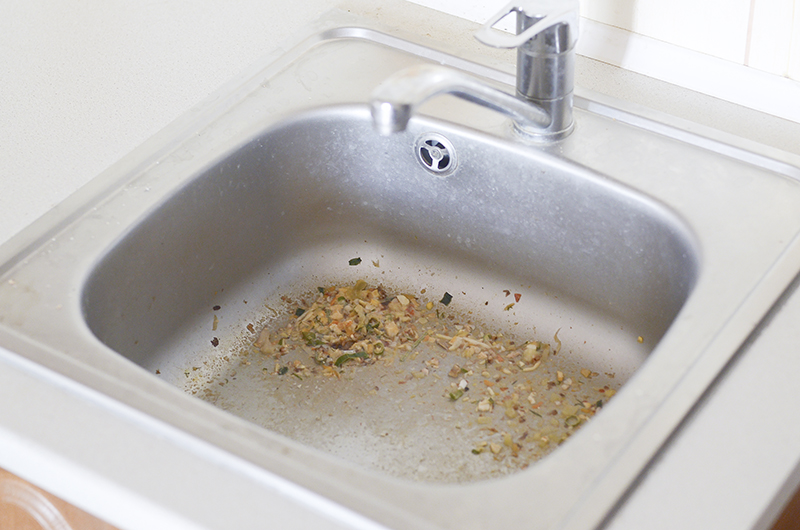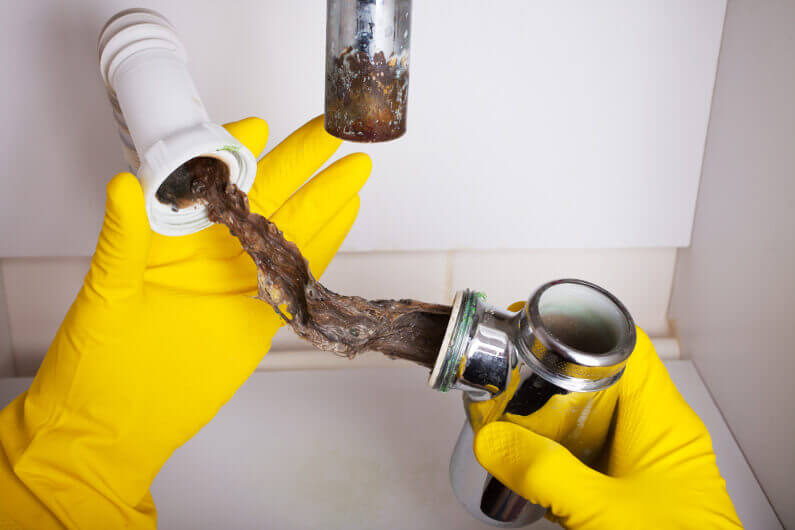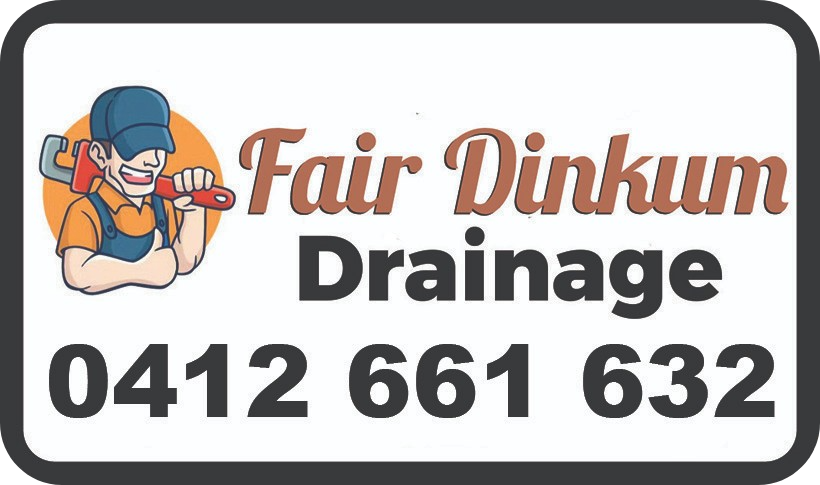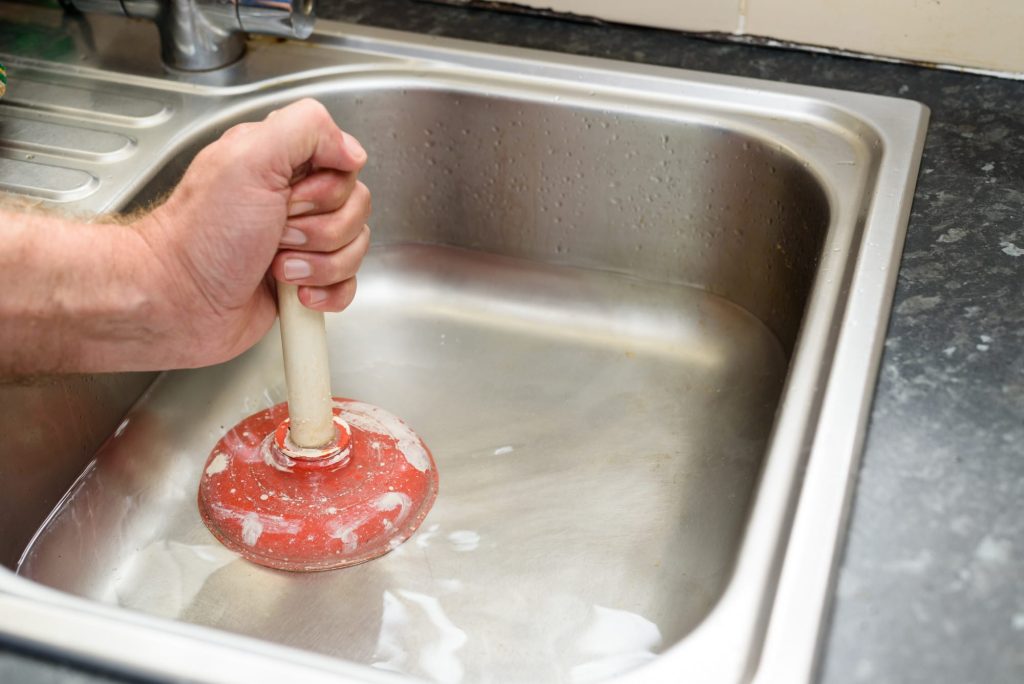Blocked sinks are a common nuisance that many homeowners encounter at some point. Whether it’s in the kitchen, bathroom, or laundry area, a blocked sink can disrupt daily routines and cause frustration. But what exactly leads to this inconvenience? Let’s delve into the most common causes of blocked sinks and explore practical solutions to keep the water flowing smoothly.
1. Accumulation of Food Residue
In kitchen sinks, one of the primary culprits behind blockages is the accumulation of food residue. Bits of food, grease, and oil that are rinsed down the drain can gradually build up over time, forming stubborn clogs. This is especially true if a sink lacks a proper garbage disposal unit or if large food particles are not adequately disposed of before washing dishes.
Solution: To prevent food-related blockages, scrape excess food into the trash before rinsing dishes. Use sink strainers to catch food particles and regularly clean them to maintain proper drainage.

2. Hair and Soap Scum Build-Up
In bathroom sinks, hair and soap scum are notorious for causing blockages. As hair strands combine with soap residue and other debris, they create dense clogs that obstruct the flow of water. Over time, this build-up can become increasingly problematic, leading to slow drainage or complete blockage of the sink.
Solution: Install drain screens or hair catchers in bathroom sinks to trap hair and prevent it from entering the drain. Additionally, periodically flush the drain with hot water or a mixture of baking soda and vinegar to dissolve soap scum and loosen hair accumulations.
3. Foreign Objects
Sometimes, objects inadvertently find their way into sink drains causing obstructions. Common culprits include jewelry, bottle caps, toothpaste caps, and small toys. These items can easily become lodged in the pipes, impeding water flow and leading to blockages.
Solution: Exercise caution when using sinks and avoid allowing small objects to fall into the drain. If an object does get stuck, refrain from attempting to dislodge it yourself, as this could exacerbate the problem. Instead, seek assistance from professional plumbers who have the tools and expertise to safely remove obstructions.
4. Mineral Build-Up
In areas with hard water, mineral deposits such as calcium and magnesium can accumulate inside sink pipes over time. These mineral deposits form a hardened residue known as limescale, which can restrict water flow and contribute to blockages.
Solution: Regularly clean sink drains with a mixture of vinegar and water to dissolve mineral deposits and prevent limescale build-up. Additionally, consider installing a water softener to reduce the concentration of minerals in your water supply, thereby minimizing the formation of limescale.
5. Improper Installation or Design Flaws
In some cases, blocked sinks may be attributed to improper installation or design flaws in the plumbing system. Issues such as inadequate slope or incorrect pipe sizing can impede the proper drainage of water, leading to recurrent blockages.

Solution: If you suspect that your sink’s drainage problems are due to installation or design issues, consult with qualified plumbing professionals to assess the situation. They can identify any underlying issues and recommend appropriate solutions, such as repositioning pipes or redesigning the drainage system.
In conclusion, blocked sinks can be caused by a variety of factors, ranging from food residue and hair build-up to foreign objects and mineral deposits. By understanding the common causes of sink blockages and implementing preventive measures, homeowners can maintain optimal drainage and minimize the risk of plumbing issues. Remember to address blockages promptly and seek professional assistance when needed to ensure the long-term functionality of your sink and plumbing system.
For expert drainage solutions and plumbing services, visit Fair Dinkum Drainage today

